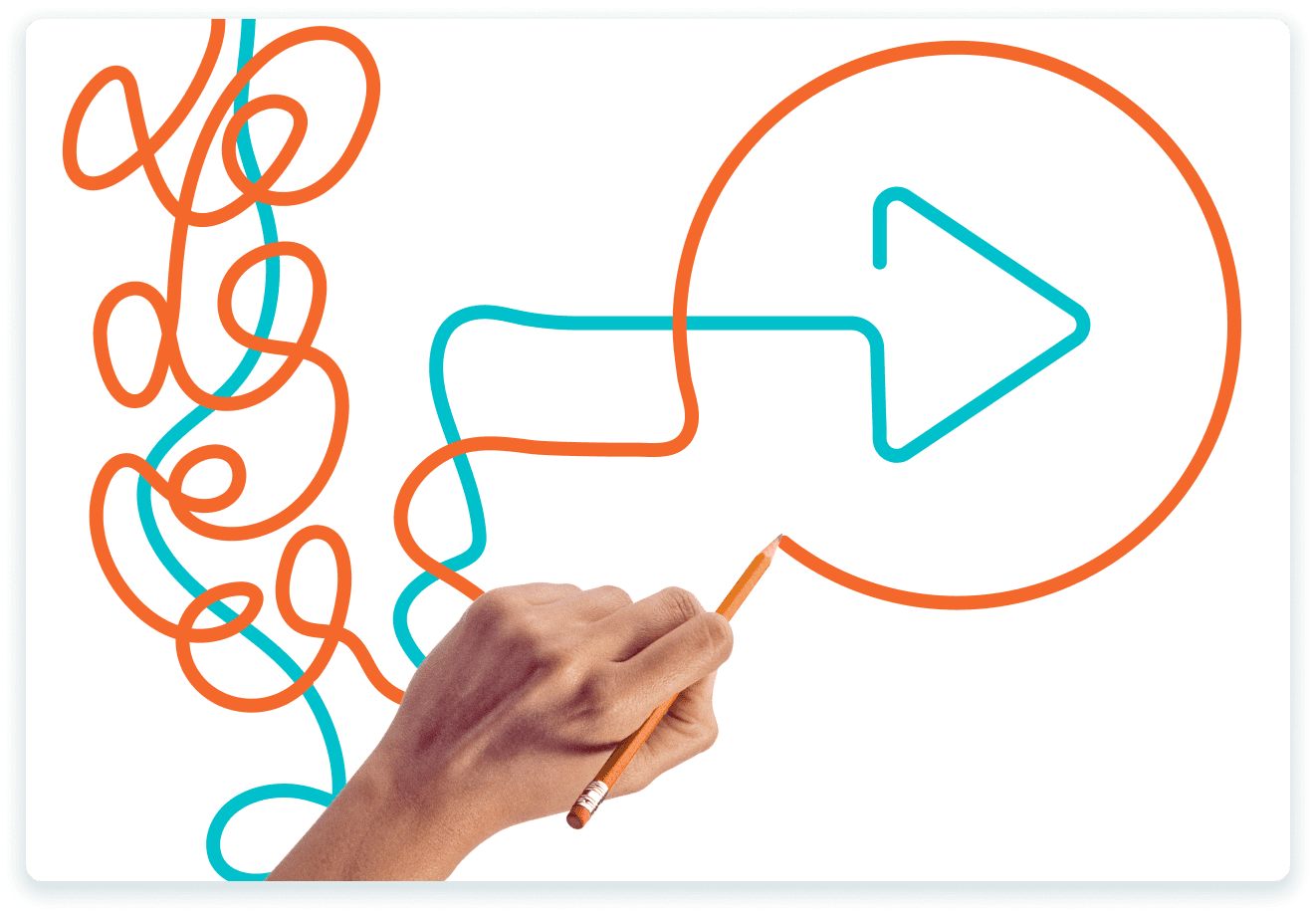In today's polarized world, the position of political reporters is more vital than ever before. Journalists will be the gatekeepers of information, shaping public discourse and democracy itself. However, together with great power arrives great responsibility. Personal reporters must continuously balance the tightrope of objectivity and even advocacy, ensuring their particular work informs as opposed to misleads. Political News explores typically the ethical landscape associated with political reporting, supplying insights and strategies for journalists, media consumers, and personal analysts to comprehend and even uphold ethical standards.
Understanding the Function of Objectivity
Objectivity in political revealing means presenting information without bias or even personal opinion. But what does it genuinely entail? Objectivity requires rigorous fact-checking, well-balanced sourcing, and a new commitment to reality over personal or perhaps political gain. For example, journalists have to seek multiple views and avoid making use of loaded language of which could skew typically the reader's perception. It’s about offering a comprehensive view of situations and issues, permitting the audience to form their own views according to unbiased info.
However, achieving pure objectivity is less difficult said than completed. Human beings, which include journalists, naturally include biases shaped by way of a experiences, beliefs, and even values. This is why transparency is usually key. Acknowledging potential biases and trying to to mitigate all of them can go a new long way in maintaining credibility.
The Obstacle of Advocacy

Care journalism, on the particular other hand, requires promoting a particular viewpoint or goal. While this type of journalism can end up being powerful in taking awareness of underreported concerns, it poses the significant challenge to be able to objectivity. The line among informing and convincing can become blurred, and readers might find it difficult in order to distinguish between truthful reporting and opinion-based content.
For instance, a journalist interested in local climate change might publish compelling pieces promoting for policy adjustments. While the lead to may be just, the risk lies inside compromising factual precision for emotional charm. Striking a balance is usually crucial; advocacy must not overshadow the determination to truth in addition to fairness.
Ethical Issues in Political Credit reporting
Ethical dilemmas in political reporting are normal and multifaceted. Think about the case of whistleblowers. While their disclosures can lead to significant public attention stories, in addition they raise questions about privacy, legality, and possible harm. Journalists should weigh the public's right to know against the probable repercussions for people and national safety.
Another example consists of the use regarding anonymous sources. While these sources can easily provide valuable ideas, they also create risks. Anonymous tips should be corroborated with additional proof, and journalists must ensure they aren't being manipulated or spreading misinformation.
The rise of sociable media has more complicated ethical things to consider. In the competition to break news, the risk of posting unverified information has grown. Journalists must prioritize accuracy over rate, as the consequences of spreading fake information can be far-reaching and destroying.
Strategies for Controlling Objectivity and Advocacy

Balancing objectivity and advocacy requires some sort of deliberate and considerate approach. Here are usually some strategies intended for journalists and mass media organizations:
Diversify Options: Engaging with some sort of variety of sources can help existing a well-balanced view. This kind of includes seeking out voices from different political, social, and financial backgrounds.
Fact-Check Carefully: Ensuring accuracy via thorough fact-checking is definitely non-negotiable. This involves cross-referencing information from numerous credible sources.
Preserve Transparency: Being translucent about potential biases and conflicts of interest can aid build trust using the audience. When a journalist helps a particular lead to, acknowledging this upfront can offer clarity.
Independent News from View: Clearly distinguishing among factual reporting in addition to opinion pieces allows avoid confusion. Viewpoint articles should become labeled as these kinds of and kept distinctive from news reviews.
Ongoing Ethics Teaching: Providing regular education on ethical specifications and dilemmas will help journalists stay informed and prepared to be able to handle complex scenarios.
The Impact regarding Ethical Reporting around the Public
Ethical confirming plays a pivotal role in healthy diet public opinion in addition to trust. When media adhere to high ethical standards, these people contribute to an educated and engaged citizenry. This, in turn, tones up democracy by enabling citizens for making well-informed decisions.
Conversely, dishonest reporting can erode public trust and fuel misinformation. MCGREEVEY97 of faux news and sensationalism undermines the credibility of media institutions, producing it harder for the population to detect truth from falsehood. That is why maintaining moral standards is not really just a specialized duty but a societal imperative.
Think about the sort of typically the Watergate scandal. Ethical and persistent revealing by journalists resulted in uncovering one involving the biggest personal scandals in You. S. history, in the end resulting in typically the resignation of Leader Nixon. This circumstance exemplifies the power of moral journalism in keeping those in energy accountable and safeguarding democratic principles.
Summary
The balance in between objectivity and advocation in political revealing is a sensitive one. Journalists keep a distinctive position of influence and must navigate this responsibility with integrity, transparency, and also a commitment to be able to truth. By knowing the ethical problems and employing techniques to address all of them, journalists can ensure their work has contributed positively to public discourse and democracy.
For media consumers and political analysts, recognizing these problems and supporting moral journalism is every bit as important. Together, all of us can foster some sort of media landscape that values truth, justness, and accountability. In the event that you’re interested within learning more concerning ethical political confirming or need customized advice, consider participating with professionals dedicated to this result in.
